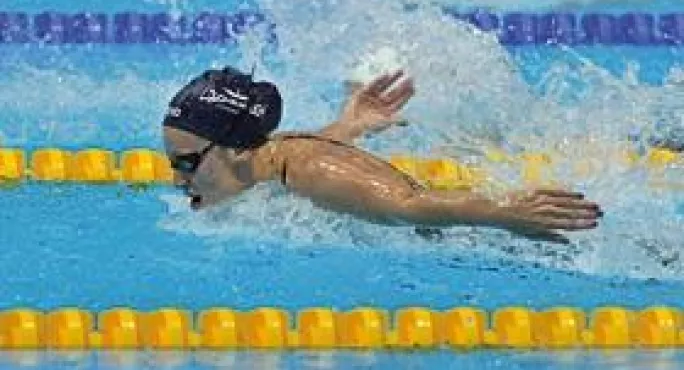Will FE’s own ‘games makers’ sink or swim?

First we had the “games makers”, the tens of thousands of purple-clad volunteers who helped to make the London 2012 Olympics a resounding success.
Now it is the turn of the “college sport makers”, a team of 150 full-time sports professionals given the job of inspiring an exercise revolution among FE learners.
The project is launched today with pound;20 million of National Lottery funding to improve sports provision for tens of thousands of teenagers in the sector. But if recent figures are anything to go by, the new recruits will have their work cut out.
According to the most recent survey carried out on behalf of Sport England, fewer than half (49.8 per cent) of college students participate in at least 30 minutes of exercise a week. This is down on the previous year’s figure and is 15 percentage points lower than the corresponding statistic in schools.
“Too many teenagers drop out of sport when they leave school, as it gets squeezed by competing demands such as studying, work and relationships,” said Richard Lewis, chairman of Sport England. “We want college sport makers to remind young people how much fun sport is and to help them build it into their schedules so they develop a sporting habit for life.”
Clare Howard, the Association of Colleges’ head of sport policy, said the funding would allow colleges to build on the momentum created by London 2012 and would go some way towards making up for the slashing of “entitlement funding”, often used for extra-curricular activities, from 114 hours a year per student to just 30.
“The drop-off of sports in colleges is to do with the lack of compulsion, in the same way you see a drop in the number of students taking French or geography,” Ms Howard said. “Also, people start to develop their own interests a lot more, and they have to cope with the pressures of work and part-time jobs.
“There will always be a drop-off, but we can try to give learners extra choice that they wouldn’t have had at school: things they might have seen in the Olympics, such as water sports and handball, not the traditional sports that might have put them off at school.”
Of the lottery funding provided through Sport England, pound;17 million will go towards creating the college sports makers, who will also be asked to target activities specifically at female students, as colleges have reported that participation is lower among young women than men.
The new role will involve helping individual sports to market their opportunities to students, developing links between colleges and local sports clubs, running leagues and sports groups and offering coaching.
Peter Chapman, head of sport at Exeter College, one of the institutions to benefit from the announcement, said: “The investment will enable us to make a huge difference in what we are able to provide for all of our learners: a much wider and increased choice of sports.”
An additional pound;3 million is being made available to allow colleges to introduce new sports to their students. They can apply for grants of between pound;30,000 and pound;150,000 to set up new leagues, hire additional facilities or provide transport to help students attend sessions.
While the traditional sport of badminton is the most popular at Loughborough College, sports development officer Rob Jarram has had some success enticing students with more unusual activities. “We have had a lot of interest in dodgeball. That’s very popular, as is ultimate frisbee,” he said.
And with the college producing 25 of this year’s Olympians and four Paralympians, other institutions will be hoping the funding boost will help them to replicate Loughborough’s success.
Photo: Loughborough College swimmer Fran Halsall competed in the London 2012 Olympics. Photo credit: PA
Keep reading for just £1 per month
You've reached your limit of free articles this month. Subscribe for £1 per month for three months and get:
- Unlimited access to all Tes magazine content
- Exclusive subscriber-only stories
- Award-winning email newsletters



